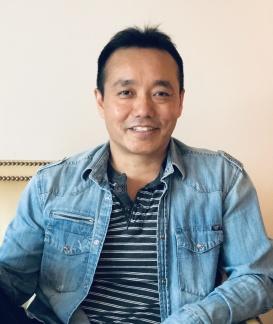I am a Tibetan Medicine practitioner with more than 20 years of clinical practice and a medical anthropologist by academic training. My work focuses on aging and care for the dying through the lens of Tibetan Medicine and Tibetan Buddhist contemplative science.

Ever since I started to practice Tibetan Medicine in India, I have been intrigued by the intricate relationship between our mind and body, and how it applies in clinical practice, as well as in our daily lives. I am dedicated to understanding how a synergistic relationship between our mind and body could lead to human wellbeing and flourishing. I was also fascinated by Tibetan Medicine’s emphasis on the connection between our two worlds of biology and sociocultural context in exploring health and wellbeing.
My initial involvement with clinical research was a randomized controlled trial and an observational study on diabetes and cancer, respectively, led by the Tibetan Medical & Astrological Institute. Both these studies made me to realize that it is not only a medicinal formulation, but the overall care of the patient that is critical in addressing a bio-psychological disorder as well as in facilitating the patient’s overall wellbeing. Although I was a core member of the Tibetan Medical Institute’s research and development team, I was painfully aware of my lack of formal training in Western research methodologies.
In 2009, I moved to the US to pursue further study - primarily to learn how to design and conduct rigorous scientific studies on aforementioned areas using both clinical and phenomenological pathways.
Being able to return to the U of MN in the new capacity as the Director of the Tibetan Healing Initiative program at the Center is a full circle for me. I feel strongly to my bones that this is why I am here. Although the responsibilities will be challenging, I feel privileged and humbled for the opportunity to direct the Tibetan Healing Initiative program at the Bakken Center. I feel fortunate to take this position where the foundation for THI has been firmly laid by Dr Miriam Cameron’s decades long work. Furthermore, the compassionate leadership and clear vision of Dr. May Jo Kreitzer, as well as the kind and supportive faculty and staff at the Center are something I can’t be happier about as we build and expand THI program.
— Tenzin Namdul, TMD, PhD